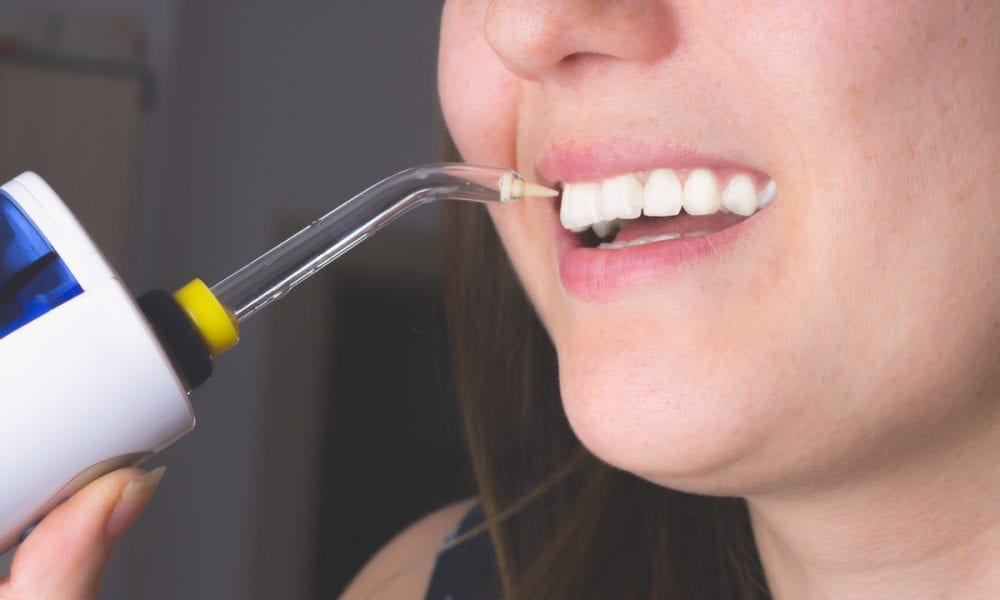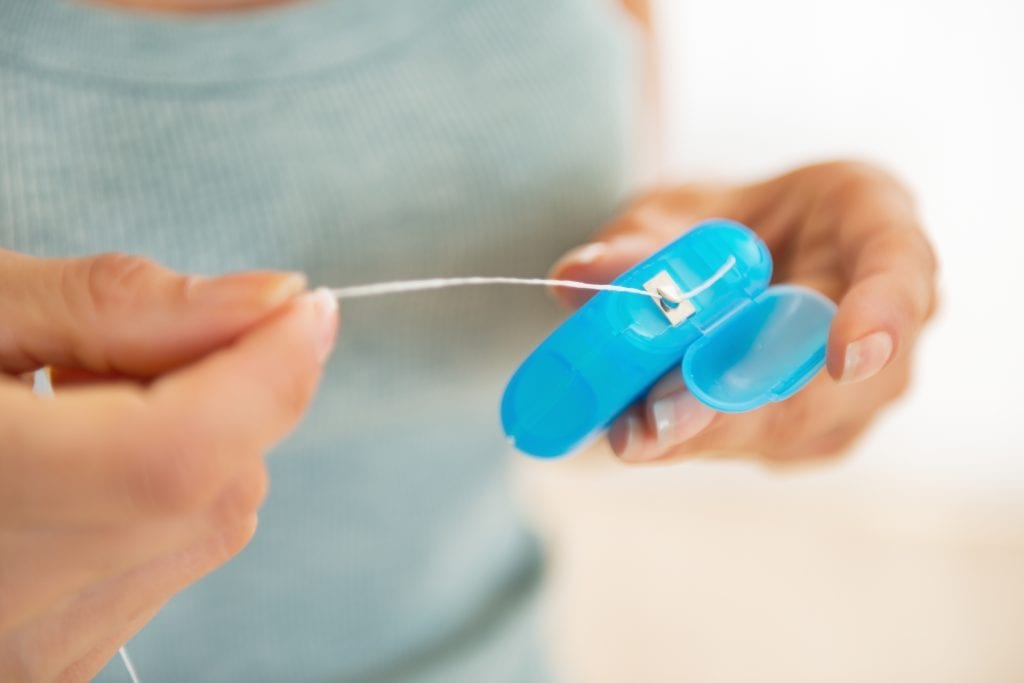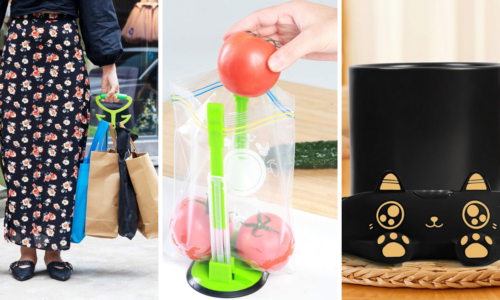Getting that fresh-from-the-dentist clean feeling can seem nearly impossible to achieve at home, but the right oral care regimen can go a long way in keeping your teeth and gums feeling minty fresh.
And flossing is a very important part of any such regimen — but that doesn’t mean it’s enjoyable. Thankfully, if you’re someone who hates flossing, certain products out there make it easy to achieve similar oral health results without the hassle or discomfort of moving waxy string in and out of your gums and teeth. That’s where the oral irrigator comes in.
The act of flossing can majorly improve oral health and prevent issues down the line by removing plaque and food particles before they turn into hard-to-remove tartar.
“Flossing is an important oral hygiene practice,” a statement from the U.S. Department of Health and Human Services says. “Tooth decay and gum disease can develop when plaque is allowed to build up on teeth and along the gum line. Professional cleaning, tooth brushing, and cleaning between teeth (flossing and the use of other tools such as interdental brushes) have been shown to disrupt and remove plaque.”
But it doesn’t have to be traditional floss. An oral irrigator (sometimes known by the brand name Waterpik) is a device that aims a pressurized stream of water between teeth to dislodge food debris and bacteria. According to Healthline, a water flosser is a great alternative flossing method — especially for those who have braces, arthritis or other conditions that could make flossing difficult. Or, you know, for people who just hate to floss.
Healthline notes that one big con is that the water stream may not be forceful enough to remove all plaque. Wiping down plaque, as actual floss does, can be a better solution because allows for friction and better control. The publication points out, however, that even with traditional flossing, some areas may still be difficult to reach.
Another potential drawback to owning an oral irrigator can be the initial cost to purchase one. They range in price from around $30 to around $100. But, considering you’ll have to continually purchase packs of dental floss to keep yourself stocked, paying a one-time fee for an oral irrigator might save yourself money in the long run. And it can improve your oral health if you actually use it regularly, which is itself worth the price.
The bottom line is, these practices — while extremely important for you to do at home — still shouldn’t replace regular trips to the dentist. You should find a method that you’ll use daily, then go get your cleanings.
If you’re interested in trying an oral irrigator instead of struggling to floss your teeth, check out some of the best oral irrigators on the market before choosing the one that will work best for you.
Then, you’ll be well on your way to better oral care!









